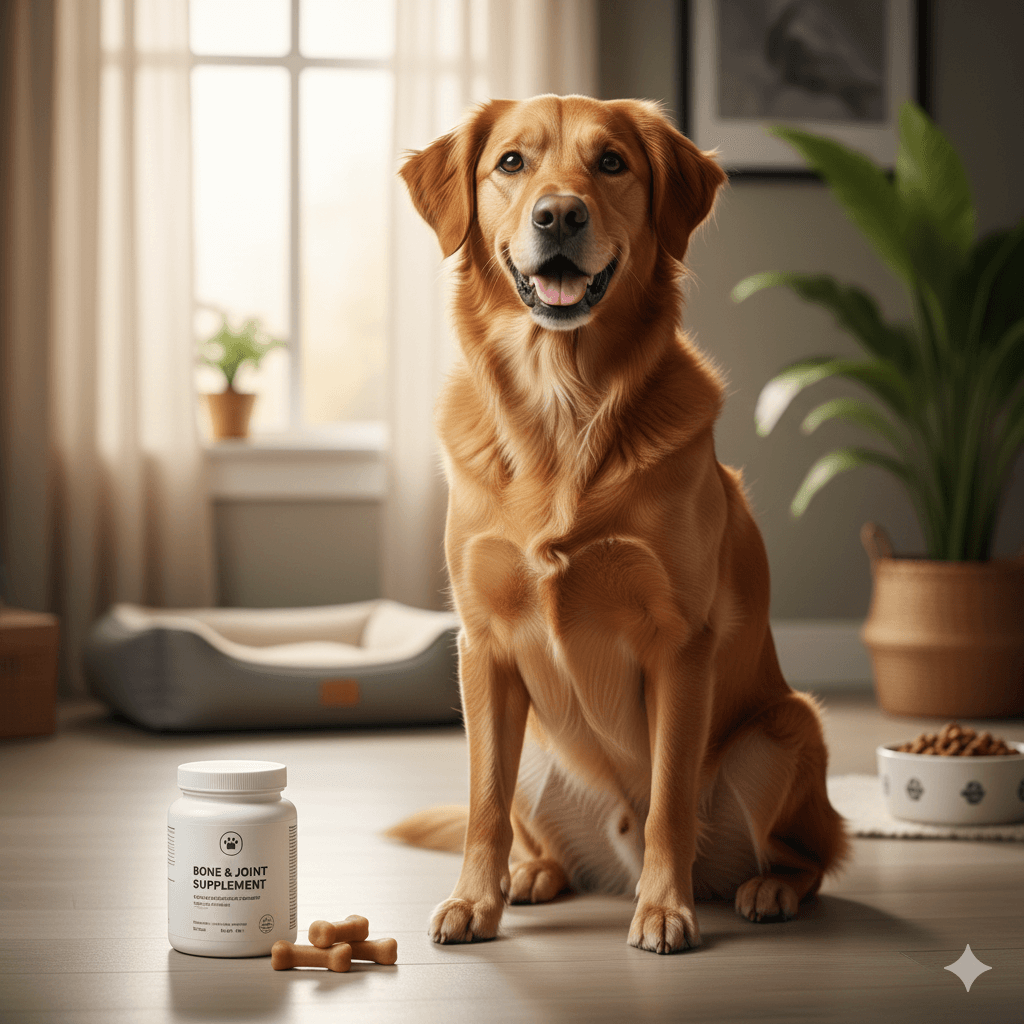What Happens If a Dog Licks a Toad?
Dogs are naturally curious creatures, often exploring the world with their noses and tongues. But what happens when your furry friend decides to lick a toad? While it might seem like a harmless act of curiosity, licking certain toads can lead to serious health risks due to toxins they secrete. Understanding the potential dangers and knowing how to respond can help you keep your dog safe. In this blog post, we’ll explore the effects of a dog licking a toad, signs of poisoning, and practical tips to prevent such incidents. Let’s dive in and learn how to protect your pup from these sneaky amphibians!
Why Are Some Toads Dangerous for Dogs? Key Facts
Not all toads pose a threat, but certain species, like the Colorado River toad or the cane toad, secrete toxic substances that can harm your dog if ingested. Here’s why these toads are dangerous:
Toxins secreted by certain toads can cause irritation in a dog’s mouth and throat.
The toxins may lead to drooling, vomiting, or seizures depending on the level of exposure.
Larger toads tend to produce more potent toxins, increasing the risk of severe reactions.
Dogs are particularly vulnerable because they explore the world through licking and chewing.
Even brief contact with a toxic toad can result in mild to life-threatening symptoms.
Understanding the risks associated with these toads highlights the importance of supervising your dog during outdoor adventures.
Signs Your Dog May Have Licked a Toxic Toad
If you suspect your dog has licked a toad, recognizing the symptoms early is crucial for prompt treatment. Here are some common signs of toad poisoning:
Excessive drooling or foaming at the mouth is often the first sign of toxin exposure.
Pawing at the mouth or face indicates irritation caused by the toxin.
Vomiting or retching may occur as the body tries to expel the poison.
Difficulty breathing or rapid panting can signal respiratory distress.
Seizures or disorientation are severe symptoms requiring immediate veterinary attention.
Being aware of these signs allows you to act quickly and minimize the potential harm to your dog.
Check this guide 👉What Happens When a Dogs Abscess Bursts? Best 7 Tips!
Check this guide 👉What Happens When Your Dog Eats a Raw Potato? Best 7 Tips!

Common Symptoms of Toad Poisoning | Immediate Actions to Take |
|---|---|
Excessive drooling or foaming | Rinse your dog’s mouth with water |
Pawing at the mouth or face | Keep your dog calm and quiet |
Vomiting or retching | Monitor their breathing closely |
Difficulty breathing | Contact your veterinarian |
Seizures or collapse | Seek emergency care immediately |
How to Prevent Your Dog from Licking Toads
Prevention is always better than cure when it comes to protecting your dog from harmful encounters. Here are some practical tips to reduce the risk:
Supervise your dog closely during outdoor activities, especially near bodies of water.
Train your dog to avoid chasing or mouthing unfamiliar animals.
Keep your yard free of standing water, which can attract toads.
Install fencing or barriers to prevent toads from entering your property.
Use pet-safe repellents to deter toads from areas where your dog plays.
By taking these precautions, you can significantly lower the chances of your dog coming into contact with a toxic toad.
Steps to Take If Your Dog Licks a Toad
If your dog does lick a toad, staying calm and acting quickly can make all the difference. Follow these steps to ensure their safety:
Immediately rinse your dog’s mouth with water, ensuring the water flows outward, not down their throat.
Wipe their gums and tongue gently to remove any remaining toxins.
Keep your dog calm and avoid encouraging physical activity, which can spread the toxin faster.
Monitor them closely for any worsening symptoms, such as difficulty breathing or seizures.
Contact your veterinarian as soon as possible for further guidance.
Taking these steps promptly can help mitigate the effects of toad poisoning and ensure your dog receives proper care.
Common Toad Species That Are Dangerous to Dogs
While not all toads are harmful, certain species pose significant risks to dogs due to their toxic secretions. Familiarizing yourself with these species can help you stay vigilant during outdoor activities.
The cane toad (Rhinella marina) is found in Florida, Hawaii, and parts of Australia and secretes potent toxins through glands on its back.
The Colorado River toad (Incilius alvarius), native to the southwestern United States, produces bufotoxins that can be fatal if ingested.
The marine toad , often confused with the cane toad, is another highly toxic species found in tropical regions.
Smaller toads like the American toad (Anaxyrus americanus) secrete mild toxins but can still cause irritation in sensitive dogs.
The giant neotropical toad is less common but equally dangerous due to its large size and high toxin output.
Knowing which toad species are prevalent in your area allows you to take extra precautions when your dog is outdoors.
How to Create a Toad-Free Yard for Your Dog
Preventing toads from entering your yard is an effective way to minimize the risk of your dog licking or interacting with them. Here are some practical steps to make your yard less appealing to toads:
Remove standing water sources like puddles, birdbaths, or poorly drained areas where toads thrive.
Keep your lawn trimmed and tidy, as overgrown grass provides hiding spots for toads.
Use pet-safe deterrent sprays around your yard to repel toads without harming your dog.
Install mesh fencing or barriers to block entry points where toads might crawl into your property.
Avoid leaving pet food or water bowls outside overnight, as they can attract toads and other wildlife.
By implementing these measures, you can create a safer environment for your dog to play and explore.
What to Expect at the Vet if Your Dog Licks a Toad
If your dog licks a toad and shows signs of poisoning, a trip to the vet is essential. Knowing what to expect can help you prepare for the visit and understand the treatment process.
The vet will likely ask about the incident, including when it occurred and the symptoms you’ve observed.
They may perform a physical examination to assess your dog’s vital signs and overall condition.
Blood tests or other diagnostics could be conducted to check for internal effects of the toxin.
Treatment may include intravenous fluids to flush out the toxins and stabilize your dog’s system.
In severe cases, medications like anti-seizure drugs or oxygen therapy may be administered to manage symptoms.
Understanding the veterinary process can help you feel more confident and prepared during this stressful time.
Frequently Asked Questions About Dogs Licking Toads
What should I do if my dog licks a toad?
Rinse their mouth with water immediately, monitor for symptoms, and contact your veterinarian.
Are all toads dangerous to dogs?
No, but species like the cane toad and Colorado River toad are highly toxic.
How long does it take for symptoms of toad poisoning to appear?
Symptoms typically appear within minutes of exposure.
Can toad poisoning be fatal for dogs?
Yes, in severe cases, especially if left untreated. Immediate veterinary care is essential.
How can I train my dog to avoid toads?
Use positive reinforcement techniques to teach commands like “leave it” or “stay.”
Keeping Your Dog Safe from Harmful Encounters
While dogs will always be curious explorers, understanding the risks associated with licking toads can help you protect your furry companion. By recognizing the signs of poisoning, taking preventive measures, and acting swiftly in emergencies, you can ensure your dog stays safe and healthy. Remember, supervision and training go a long way in preventing accidents. With a little vigilance and preparation, you can enjoy worry-free outdoor adventures with your beloved pup. Stay informed, stay proactive, and cherish every moment with your four-legged friend!
Understanding Bone Supplement for Cats: Best 7 Expert Tips! – Safe, vet-approved guidance for strong feline bones & balanced nutrition.
Bone Supplement for Dogs: Best 7 Expert Tips! – Expert guide to calcium, collagen & bone health for every life stage.
Understanding Can Cats Get Sunburn: Best 7 Expert Tips! – Protect your feline from UV damage with vet-backed prevention strategies.
How to Train a Seizure Alert Dog: Best 7 Expert Tips! – Learn expert-backed steps to nurture natural instincts into reliable, life-saving seizure alerts.





